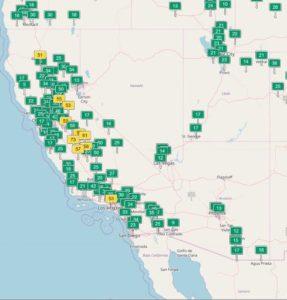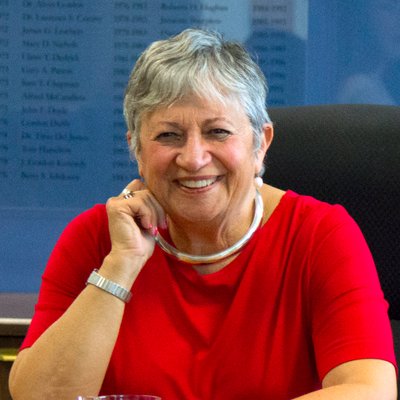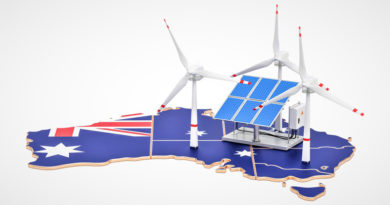California Shows the Way on Supporting Storage
 California is paving its own Green Path
California is paving its own Green Path
With a measure signed by Governor Jerry Brown, California state in the US has made a new commitment of $800 million for clean-energy technologies including home storage. The goal is to capture electricity generated by solar panels during daylight hours to help keep the lights on after the sun goes down. The biggest challenge with Solar power.
The funds increase the state incentives set aside for energy storage over $1 billion. The rebate money can be used for residential and commercial systems, including for schools, farms and businesses.
“We want to make sure that everyone who has rooftop solar also has an energy storage system,” said State Senator Scott Wiener, from San Francisco who sponsored the bill. “Once you have a rebate program that the industry knows is on the table for a number of years, the industry will invest and innovate.”
According to a trade group, the California Solar and Storage Association, the homeowners can expect to pay around $4,500 for the typical installed battery system. That figure is the out-of-pocket cost after a $3,500 state rebate and a federal tax credit worth $2,000.
About a third of the money has been set aside for low-income people to claim first. The state funds the incentive program with a fee of about 50 cents a month added to utility customers’ bills.
The rebate offer follows Mr. Brown’s recent signing of another bill that mandates 100 percent carbon-free electricity in California by 2045. The effort to increase storage is seen as a critical step in reaching the carbon-free goals.

In another positive news, the California air quality regulators have approved $150 million in grants for projects that will put at least 187 zero-emission medium- and heavy-duty trucks into service over the next several years.
An additional $55 million in grant funding for the projects will be considered at the California Air Resources Board’s October meeting.
Matching funds from participants in the 11 approved projects will boost the total investment to $415 million.
The projects will fund 156 battery electric trucks and 31 hydrogen fuel cell trucks, as well as several electric locomotives and a wide range of zero-emission freight handling equipment.
“These types of grants could be critical for U.S. electric vehicle manufacturers in what they see as levelling the playing field,” Michael Held, a director in AlixPartners’ automotive practice. Such grants are “tried-and-true” technology boosters in many countries, he said.

With the new projects, California “is showing what can be done when government and the private sector combine forces to drive technology and innovation,” said Mary Nichols, the air board’s chairwoman.
The grants are funded largely from proceeds of CO2 emission permits auctioned under the state’s Cap-and-Trade program.
Many of the new projects will be centred at or around the ports of Los Angeles and Long Beach, but also include programs in San Francisco and the San Joaquin Valley as well.




